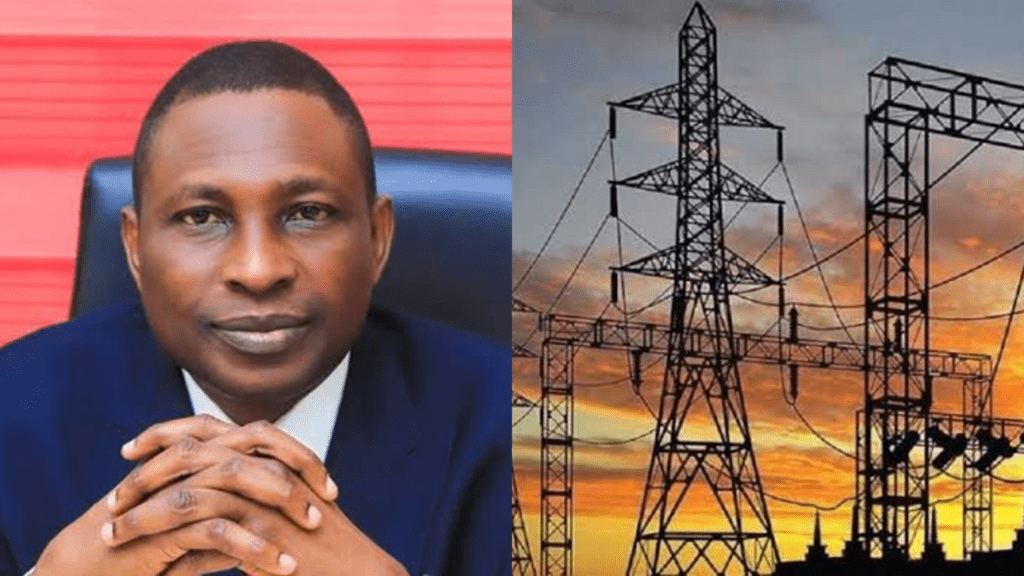The Chairman of the Economic and Financial Crimes Commission (EFCC), Ola Olukoyede, has revealed that systemic corruption within Nigeria’s power sector is a major cause of the country’s chronic power shortages. Speaking during a visit by the House Committee on Anti-Corruption and Financial Crimes at the EFCC headquarters in Abuja, Olukoyede disclosed that investigations into the power sector have exposed shocking lapses, including the widespread use of substandard materials in critical electrical equipment. This, he stated, is a root cause of frequent equipment failures and grid collapses that have plagued Nigeria’s power supply.
Olukoyede noted that contractors awarded projects in the sector frequently opt for materials of lesser quality than specified. “People who were awarded contracts to supply electricity equipment, instead of using what they call 9.0 gauge, they will buy 5.0. So every time you see the thing tripping off, getting burnt, and all of that, it’s part of our problems,” he said, underscoring the widespread damage caused by such practices.
Capital Project Execution Below 20% Over Two Decades
The EFCC Chair highlighted broader issues in Nigeria’s project execution landscape, noting that only around 20% of capital projects have been implemented in the last 20 years. “We have not done up to 20% of our capital project implementation and execution,” he stated, adding that such low execution rates stifle national growth and infrastructure development. The commission aims to work closely with the National Assembly to raise capital project implementation to at least 50% in the current fiscal year, a target Olukoyede believes would significantly enhance Nigeria’s growth.
Massive Case Backlog and Resource Constraints
The EFCC is grappling with an overwhelming caseload, with over 17,000 petitions received in the past year and more than 20,000 cases currently under investigation. “Between last October and now, we have opened over 4,800 new cases. And what is our staff spread? We are less than 5,000,” Olukoyede explained, highlighting the commission’s resource limitations as it manages a wide range of cases across Nigeria’s 774 local governments and over 700 MDAs.
Legislative Call for Judicial Collaboration and Transparency
Committee Chairman Obinna Onwusibe urged the EFCC to work closely with the judiciary to expedite criminal trials and reduce the number of inmates awaiting trial, a situation he said compromises the integrity of the justice system. “Numerous suspects have been awaiting trial for over one year, and yet we are all acquainted with the saying that justice delayed is justice denied,” he emphasized. Onwusibe also called for greater transparency in the EFCC’s operations, countering public perceptions of the agency as a tool for political retribution.
As the EFCC continues to tackle deep-rooted corruption within the power sector and beyond, it remains focused on driving essential reforms in project execution and transparency to support Nigeria’s developmental goals.
Stay tuned to 9am News Nigeria for more Breaking News, Business News, Sports updates And Entertainment Gists.
















